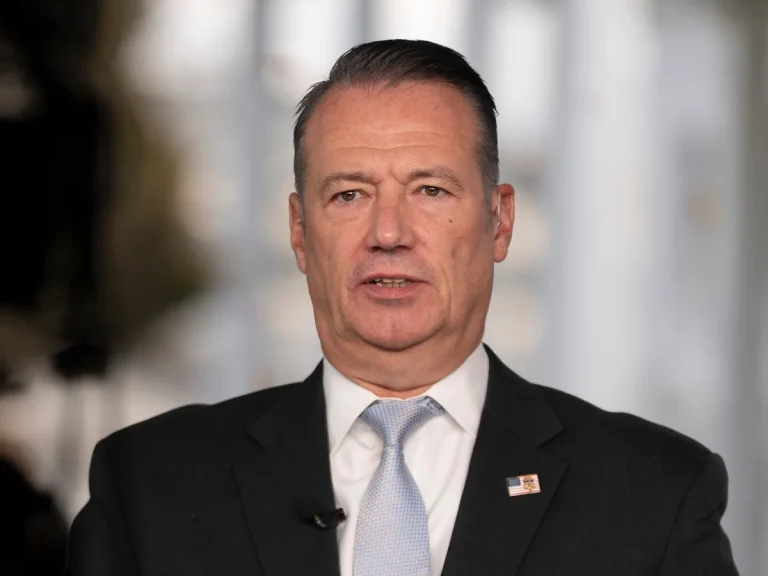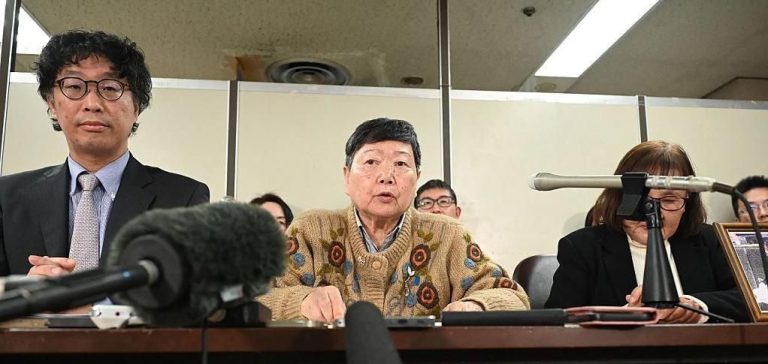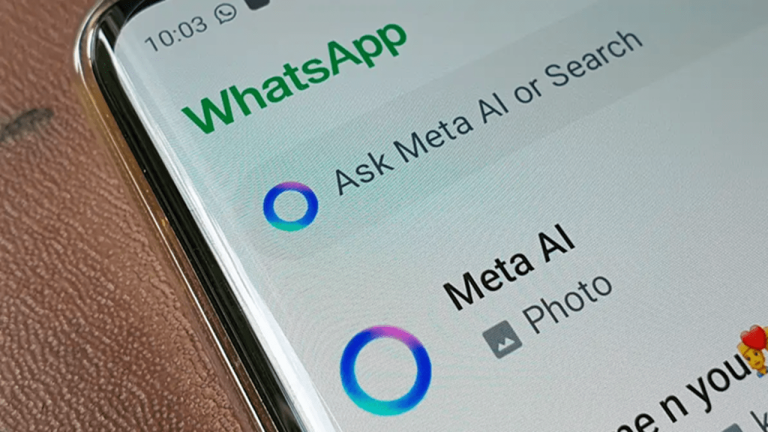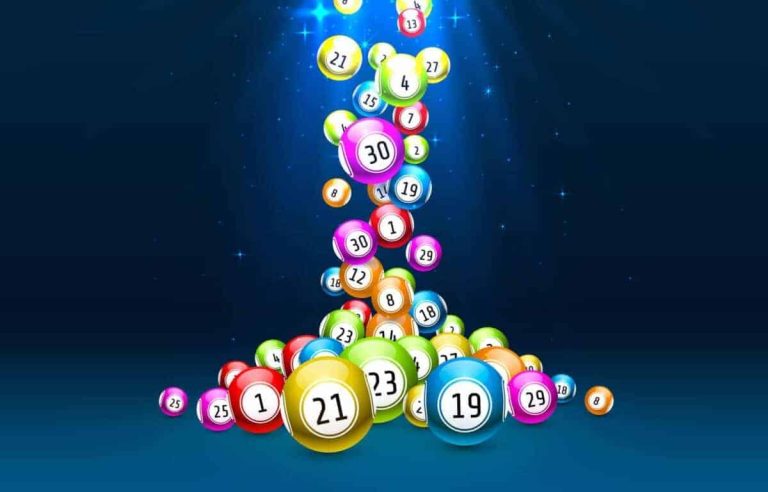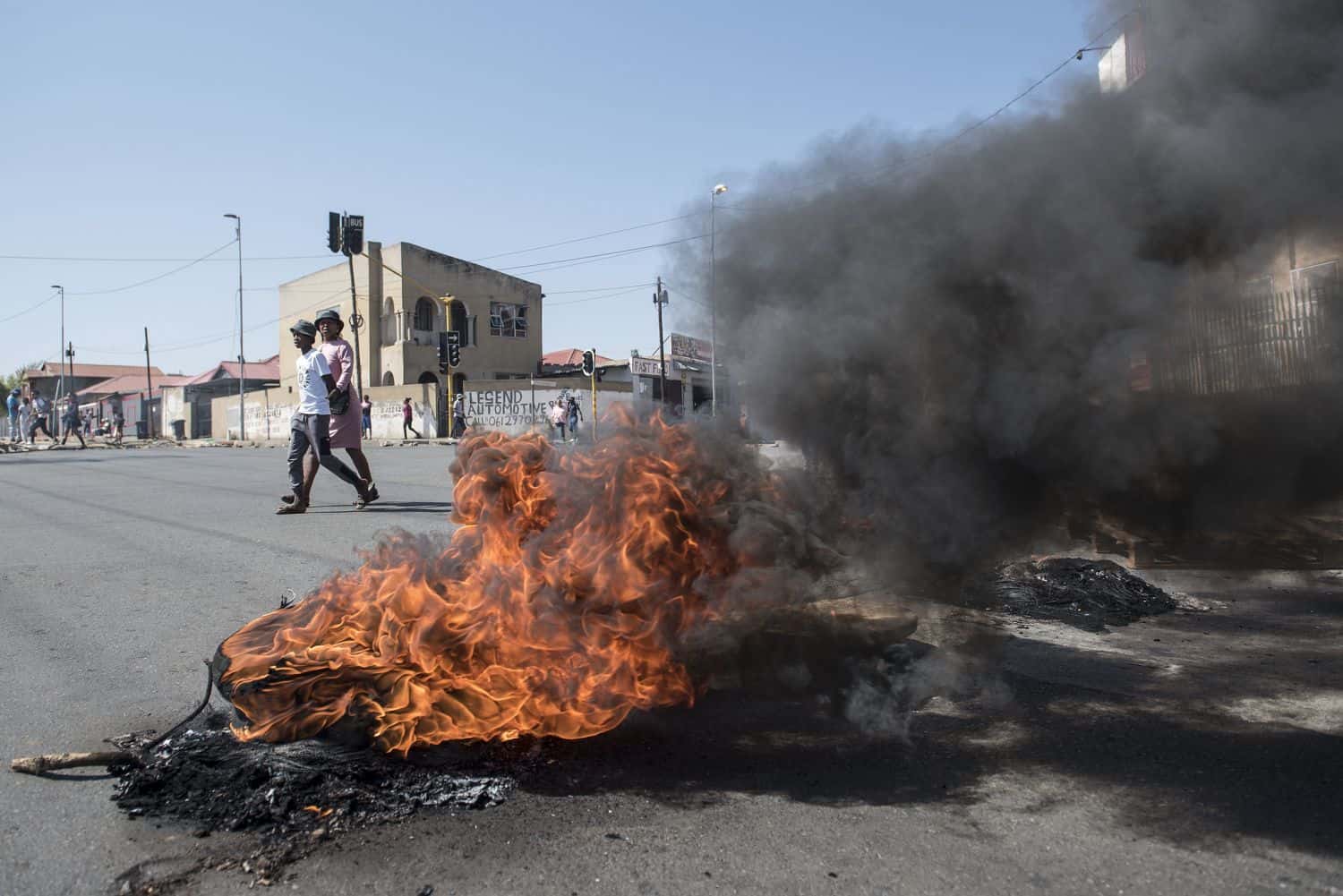
South Africa will host most of the world’s top leaders this weekend to try to solve the world’s problems, with only a fleeting thought for its own.
The country has hosted dozens of meetings with global academics, experts, and politicians since taking over the G20 presidency in November last year, and it will all culminate in the high-profile Leaders’ Summit this weekend in Johannesburg.
On the agenda for the world’s most powerful leaders will be sustainable financing for development, economic inclusion of the global south, climate action, inequality, inclusive economic growth, industrialisation, poverty, debt, food security, technological change, and geopolitical instability.
South Africa said its term would focus on “accelerating the implementation of practical solutions” to achieve the United Nations’ 2030 Sustainable Development Goals.
Many of these goals are far from being addressed. The World Economic Forum said in September that only 18% are on track, nearly half are progressing too slowly, and around a fifth are regressing.
While leaders will pat themselves on the back and lavish praise on each other in the name of diplomacy, they will have to face the fact that their nations have failed to make the world a better place.
The sinking feeling should most certainly be felt by the host, South Africa, which has seen many of its own economic, social, and service delivery plans fail. There are countless issues that are progressing too slowly, and many are regressing.
What about SA’s problems?
Hosting the G20 meetings has been beneficial for the country. It has attracted foreign investment, built international relations, showcased our excellence across many fields, and even temporarily improved service delivery to make the country look functional.
But in the background, the real meetings of change and for our future have been cast aside.
The National Dialogue, for all its controversy, is a step towards improving the lives of South Africans through meaningful conversations and community engagement.
But you won’t find a National Dialogue meeting in an area near you anytime soon.
While a GBVF National Dialogue session was held earlier this month, community meetings have been put on ice, and key deadlines have been missed several times.
Several municipalities last month admitted there were no plans for these meetings in the foreseeable future.
Meanwhile, the citizens they serve struggle daily with unemployment, crime, hunger, poverty, water and electricity supply.
These issues have prompted people to take to the streets and have drawn national attention and support for a GBV awareness campaign on the eve of the G20 summit.
The message is clear: if the government is trying to pretend that all is well in South Africa, its citizens are willing to show it is not.
ALSO READ: A VIEW OF THE WEEK: Can you imagine?
C20 relegated to the shadows
The National Dialogue was meant to reimagine governance and take it to the people, but it has broken down or hit a pothole along the way.
No wonder a frustrated civil society has launched a People’s Summit to counter the G20. The summit, held from Thursday, reportedly has representation from dozens of community organisations across the globe. It also comes a week after the G20’s less-publicised C20 summit.
This return to community, enabled and supported by the government, is needed to fix local issues. This will, in turn, build models and international collaborations to fix global ones.
Now if only we could get it started…
NOW READ: A VIEW OF THE WEEK: No new dawn, only a Mashatile midnight ahead?
